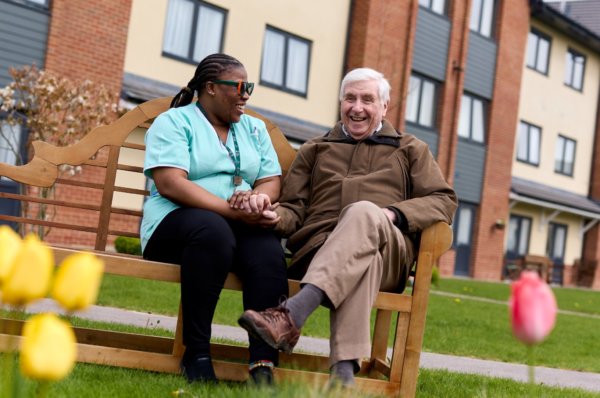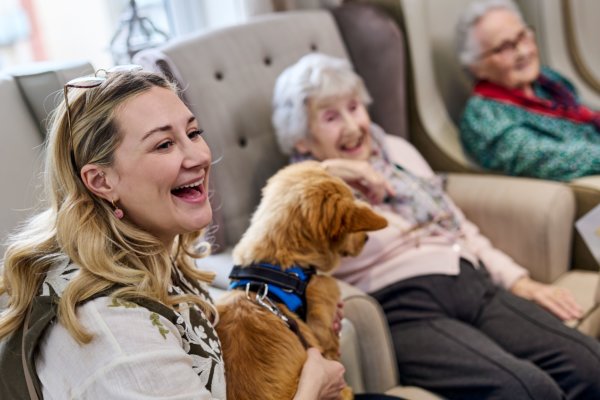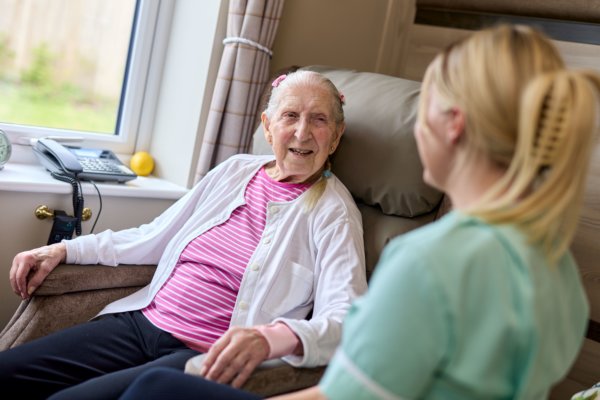
Many of us worry about the challenges of getting older, whether that’s health, housing or money concerns. Or you might be anxious about a loved one – wondering which care options could be necessary for the future and how you’re going to finance them.
If you’re starting to think about care and support in later life, it’s good to be aware of the available options. There’s no one size that fits all. What’s right for you will depend on lots of different factors, such as your age, health, where you live and your financial situation.
When planning your next steps, start by considering the most popular options.
Residential Care
If you or a family member is starting to struggle to live independently and need additional support, or is just feeling lonely and could do with some companionship, you may want to look into full-time residential care. In a care home, you’ll get a private bedroom (and usually an en suite bathroom) with meals in a communal dining area. Personal care, such as help with washing, dressing and going to the toilet, is provided. High-end care homes also offer five-star service, tailored care, dining and lifestyle experiences, all in luxury surroundings. This can transform a person’s well-being, allowing them to fully enjoy their later years.
Some nursing requirements can also be covered in a residential care home, but typically not 24-hour nursing care.
Nursing Care
For those who have more complex needs, nursing homes provide round-the-clock nursing care. Nursing homes are like residential care homes, providing living accommodation, usually in an en suite room, with meals in a dining area and personal care, such as washing, dressing and going to the toilet. However, nursing homes also provide medical care from a qualified nurse who is on-site 24 hours a day, seven days a week.
Nursing is typically more expensive than residential care due to higher staffing requirements.
Domiciliary Care
Domiciliary care is defined as the range of services put in place to support an individual in their own home. While people can stay in their own home, they do not benefit from the 24-hour support and companionship that a high-quality care home offers.



